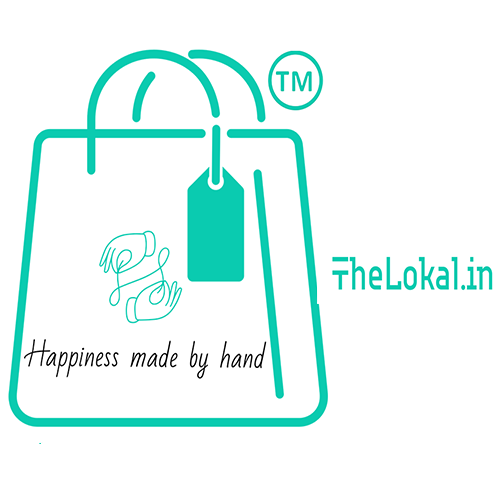In India, most festivals are closely tied to agriculture—and this connection is beautifully evident in Kerala as well. While the customs may differ from state to state, the core of many Indian festivals revolves around farming and related traditions. Among the many festivals celebrated by Malayalis, Vishu and Onam stand out as deeply agricultural in nature.
Onam & Vishu – Two Sides of the Same Cycle
If Onam is the celebration of a successful harvest, Vishu marks the beginning of a new agricultural season. It is a festival of new beginnings, symbolizing hope, prosperity, and the sowing of seeds for a bountiful year ahead.
According to the traditional Malayalam calendar, the new year begins in the month of Medam. Vishu is celebrated on the first day of Medam, marking the astronomical new year in Kerala. This day holds deep spiritual and cultural significance, representing the desire for abundance and prosperity in the coming year.
Vishukkani – A Vision of Abundance
The highlight of Vishu is the Vishukkani, literally meaning “the first thing seen on Vishu morning”. It is a carefully arranged display of auspicious items including rice, lentils, vegetables, fruits, gold ornaments, coins, a mirror, the holy text, and the image of Lord Vishnu—the presiding deity of the festival.
There is a strong belief that what one sees first thing in the morning on Vishu will influence the rest of the year. Hence, the Vishukkani is thoughtfully prepared the previous night by the eldest family member. At dawn, the same elder gently leads the rest of the family, one by one, to view the arrangement—ushering in blessings for the new year.
The inclusion of agricultural produce in the Vishukkani reflects a deep-rooted reverence for the land and the cycle of sowing and reaping. It also symbolizes the dream of a prosperous future—a reminder that divine grace and hard work go hand in hand.
Vishukkaineettam – The Gift of Blessings
After viewing the Vishukkani, the elder of the house gives Vishukkaineettam—a token amount of money—to the younger members of the family. This gesture is both a blessing and a wish for financial prosperity in the year to come.
The act of giving and receiving also strengthens familial bonds and carries the emotional weight of generations passing down hope and goodwill to the next.
More Than a Ritual – A Life Lesson
Beyond the rituals and celebrations, Vishu conveys a profound message: what we aspire to with sincerity and divine intention will bear fruit if we work for it. Elders pass on this message to the younger generation through the symbolism of the Vishukkani—reminding them that success is a result of both faith and effort.
A Mythical Origin – Light After Darkness
Like many Indian festivals, Vishu too is rooted in mythology. It is believed that Vishu marks the first sunrise after the death of the demon king Ravana. During Ravana’s reign, it is said that the sun could not rise in the east due to his immense power. After his fall, the sun once again rose from the east on Medam 1, restoring cosmic order and balance. This celestial return gave rise to the celebration of Vishu.
Some also associate the festival with the slaying of Narakasura, which explains the tradition of bursting firecrackers as part of the Vishu celebrations.
A Feast for the Senses – Vishu Sadya
The Vishu Sadya, or festive feast, is another cherished part of the celebration. Rich in flavors and variety, it reflects the abundance that the festival signifies and the collective dream of a fruitful harvest.Celebrate Vishu with TheLokal.in
At TheLokal.in, we bring you everything you need to make your Vishu meaningful—
🌾 Handcrafted traditional items like brass lamps, valkannadi, brass nazhi, and more
🎁 Locally made Vishu gifts and hampers
🛍️ Ethnic home decor and eco-friendly products
We are proud to support local artisans and farmers while helping you celebrate Kerala’s cultural richness.
This Vishu, shop local, support tradition, and celebrate prosperity with TheLokal.in.
